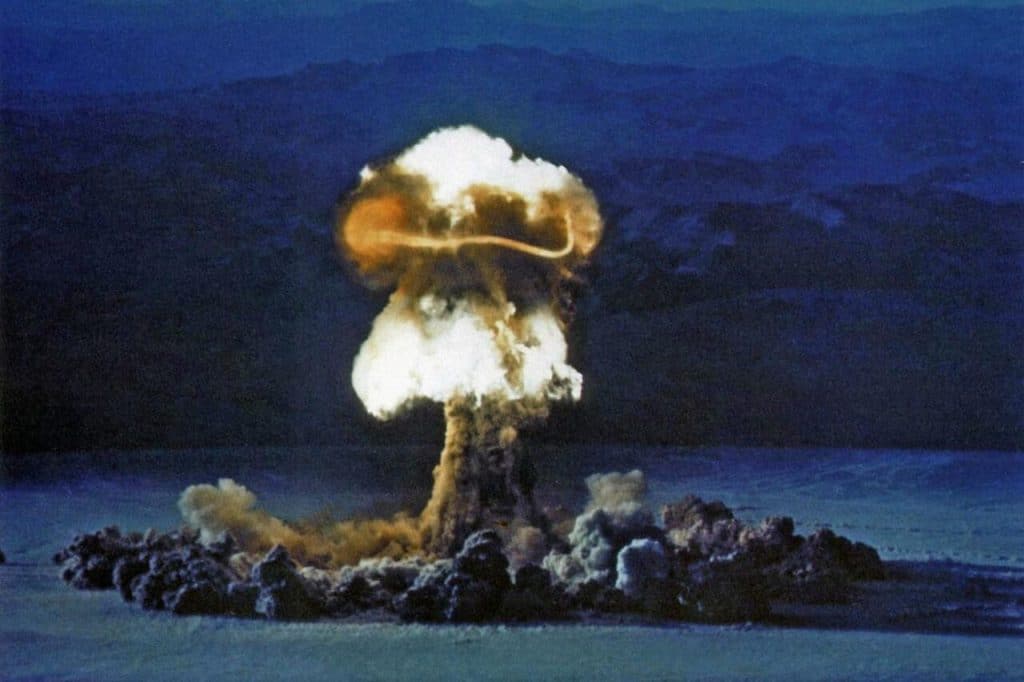Iraqi elections: Sadr City propaganda subsides.
Here, the “Sarayya al-Salam”, the military wing of the Sadrist movement led by “Muqtada al-Sadr”, stood up to the wave of candidates’ and electoral lists’ propaganda in the very first weeks and collected all the billboards overnight in Sadr City, the center of the largest Shiite population in the east of the capital, and instead launched a wave of reverse propaganda.
This large armed group, which according to its commanders has more than 13,000 fighters, has installed billboards at the entrances and in the area of Sadr City, on which it has written on behalf of the residents of this city, whose population is estimated to be more than two million and five hundred thousand people: “On the orders of Muqtada al-Sadr, we will not participate in the elections.”
A few election posters can be seen in the corners and on tall buildings in this Shiite town, which mostly belong to the electoral list of “Mohammad Shia Al-Sudani” known as “Construction and Development” or the candidates of the electoral list of “National Government Forces” led by “Sayyid Ammar Al-Hakim”, but it is rare to find a billboard of candidates or Nuri Al-Maliki’s electoral group known as the “Government of Law Coalition” in this 100% Shiite town, and that is due to the political hostility that Muqtada Al-Sadr has had with Al-Maliki for years.
Nouri Al-Maliki’s invitation to Muqtada Al-Sadr for political cooperation
A few days ago, in his latest news interview with an Iraqi media outlet, Nouri Al-Maliki once again invited Muqtada Al-Sadr to political cooperation, saying: “Just as Muqtada Al-Sadr wants reforms, we in the Government of Law coalition also want reforms and we can cooperate in this regard.”
Although the Peace Brigades have not allowed the wave of election campaigns to enter Sadr City by force of arms, a significant number of candidates for Shiite electoral groups are from Sadr City, and for this reason, the Sadrist military wing has in some cases shown flexibility in some election campaigns to avoid conflicts and clashes with these candidates and their supporters, who are generally from the same tribe.
The importance of Sadr City in Baghdad in the elections
Sadr City in Baghdad is one of the decisive areas in the elections. According to the Iraqi Independent High Election Commission, the Al-Rusafa district of Baghdad, to the east of which Sadr City is located, has the highest population of voters compared to the provinces of Iraq. Al-Rusafa, which is mostly Shiite, has a population of over 2.3 million voters, while the Al-Karkh district in the western part of Baghdad, which is mostly Sunni, has a population of 1.9 million.
Outside Sadr City, however, the atmosphere in Baghdad resembles a large carnival, with election posters filling almost every space, and there is not a street, boulevard, or building that is not occupied by colorful, large, and small posters of election candidates.
Over the past weeks, election groups and their candidates have spent everything they could and installed advertising posters, and now, due to the lack of space to install more posters, the campaign fever has calmed down a bit, and it is expected that they will use their latest election tactics in the hours leading up to the election silence that begins this week.
In addition to planting and installing advertising posters, various election lists have held extensive campaign meetings in different areas over the past weeks. Most candidates have held these meetings centered on the nomads due to the nomadic tendencies in Iraq, but the large election groups have held much larger meetings, relying on their political supporters.
Some electoral groups that are currently in the government have sent their candidates to their subordinate departments and ministries in order to gain the trust of government employees, who make up more than 4 million of Iraq’s 40 million population. Some reports also indicate that some candidates who are government employees or ministers or senior government advisors, using their assistants, have pressured subordinate employees to vote for their organizational candidate, and in return, they have made various government promises to them if they win the elections, including allocating residential land or increasing salaries and bonuses.

